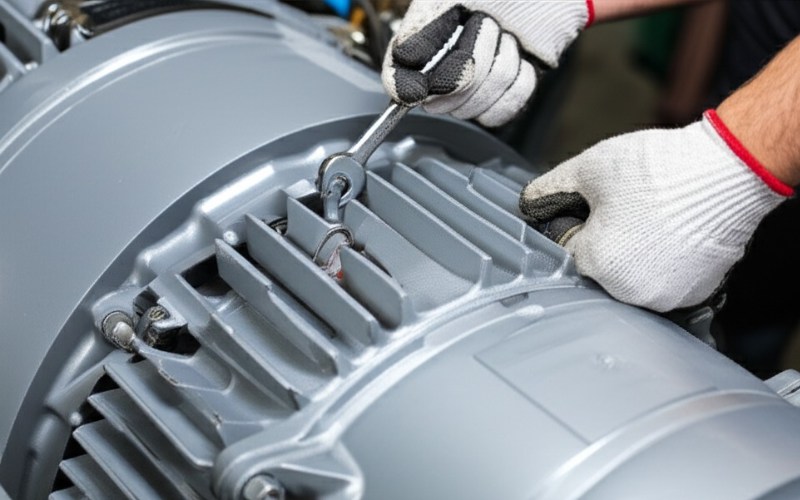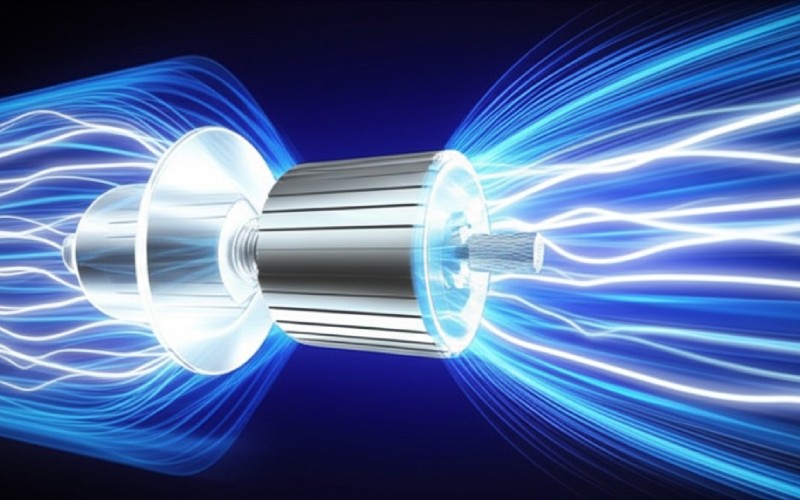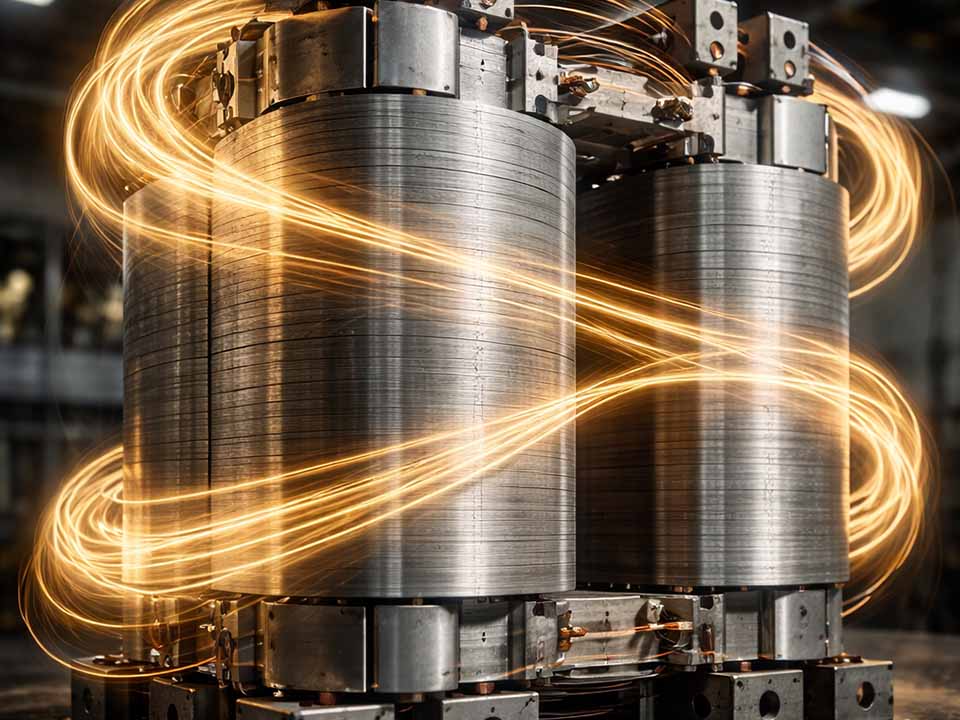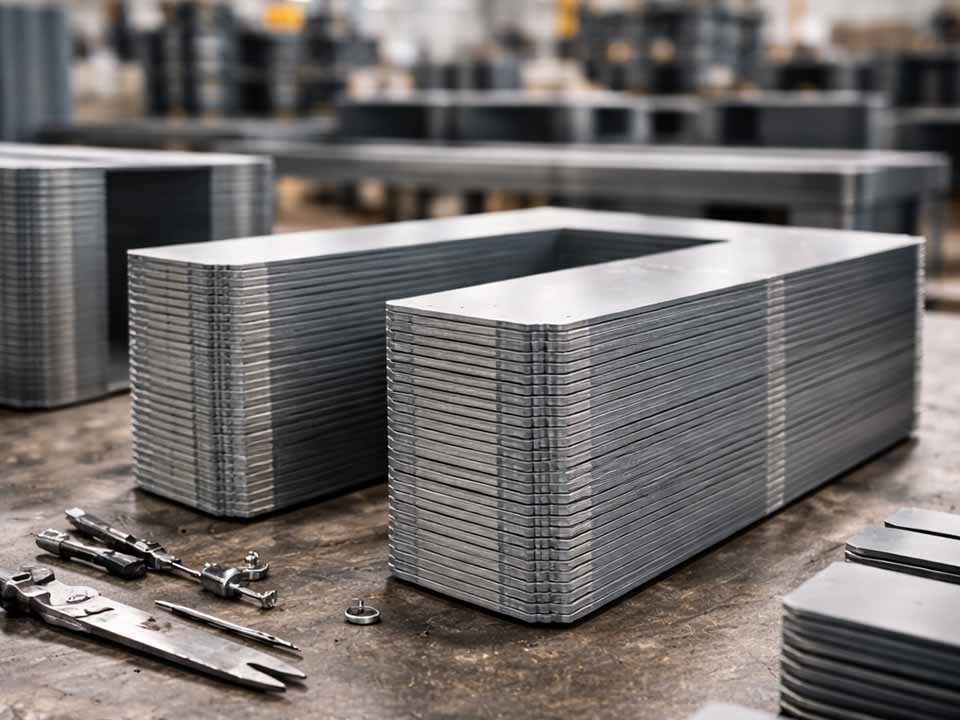Let Sino's Lamination Stacks Empower Your Project!
To speed up your project, you can label Lamination Stacks with details such as tolerance, material, surface finish, whether or not oxidized insulation is required, quantity, and more.
To speed up your project, you can label Lamination Stacks with details such as tolerance, material, surface finish, whether or not oxidized insulation is required, quantity, and more.
As a top maker in the world of high-quality steel laminations, Sino is focused on making the basic magnetic parts that help motors and transformers everywhere run better, pack more power, and last longer. Our focus on new ideas, careful building, and strict quality checks makes sure our lamination products meet the changing needs of many different uses, from high-efficiency electric vehicle traction motors to industrial power transformers and special parts for planes and spacecraft.
At Sino, we’re not just stamping out metal; we’re engineering solutions. The performance of your motor, transformer, or generator hinges directly on the quality of its laminated steel core.
1
At Sino, we meticulously select our raw materials and maintain exacting tolerances during the stamping and stacking processes. Our custom steel lamination services mean we can optimize lamination thickness for your specific frequency and performance requirements.
2
A core made from Sino’s high-permeability steel lamination stacks can concentrate magnetic flux far more effectively. This allows your designers to achieve the desired magnetic field strength with fewer turns of wire in your coils, or with less current. This brings smaller, lighter, and more powerful devices.
3
While some exotic materials might offer marginal gains in specific niche scenarios, electrical steel, when expertly processed into steel lamination stacks, provides an outstanding balance of performance and affordability for a vast range of electrical devices. We work to optimize material usage and streamline our manufacturing processes to deliver value.
4
Steel is a wonderfully cooperative material. It can be precision-stamped, punched, and interlocked into the intricate shapes needed for motor stators, rotors, E-I cores, C-cores, and various other custom steel lamination designs. Sino’s advanced manufacturing capabilities ensure tight tolerances and consistent quality.
5
Steel is strong. This inherent robustness provides the necessary structural integrity for the core, especially important in devices that experience vibrations or mechanical stresses, like an automotive starter motor or a large industrial generator.
6
By leveraging steels with high saturation flux density, the laminated steel cores we produce can handle greater power levels before the magnetic field starts to distort or efficiency drops. This is particularly vital in scenarios like power transformers that need to handle surges, or in high-performance motor designs where you’re trying to extract maximum power from the smallest possible package. Our expertise in material selection ensures your custom steel lamination core is up to the task.
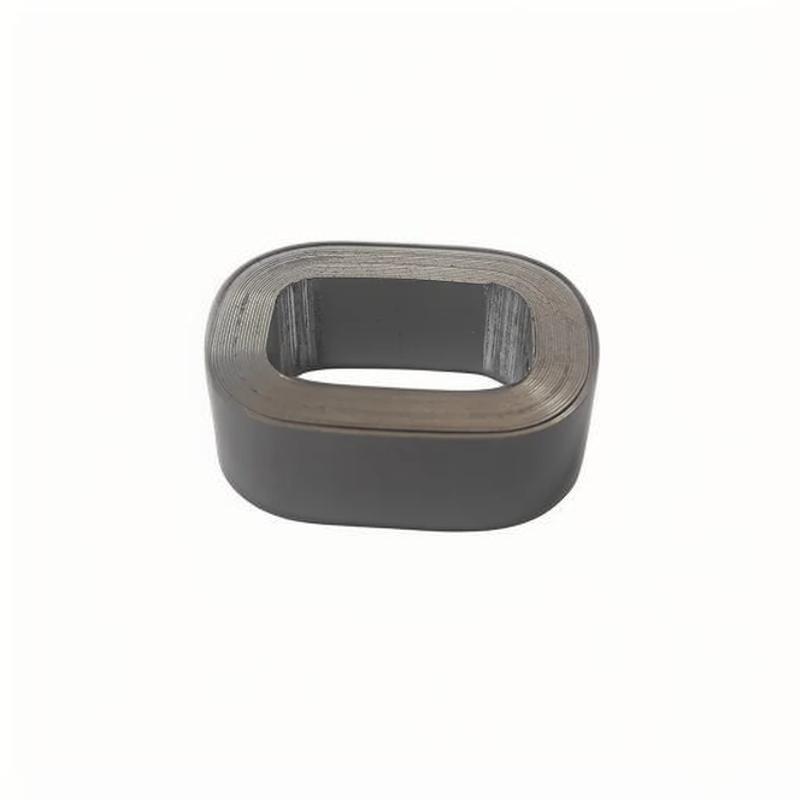
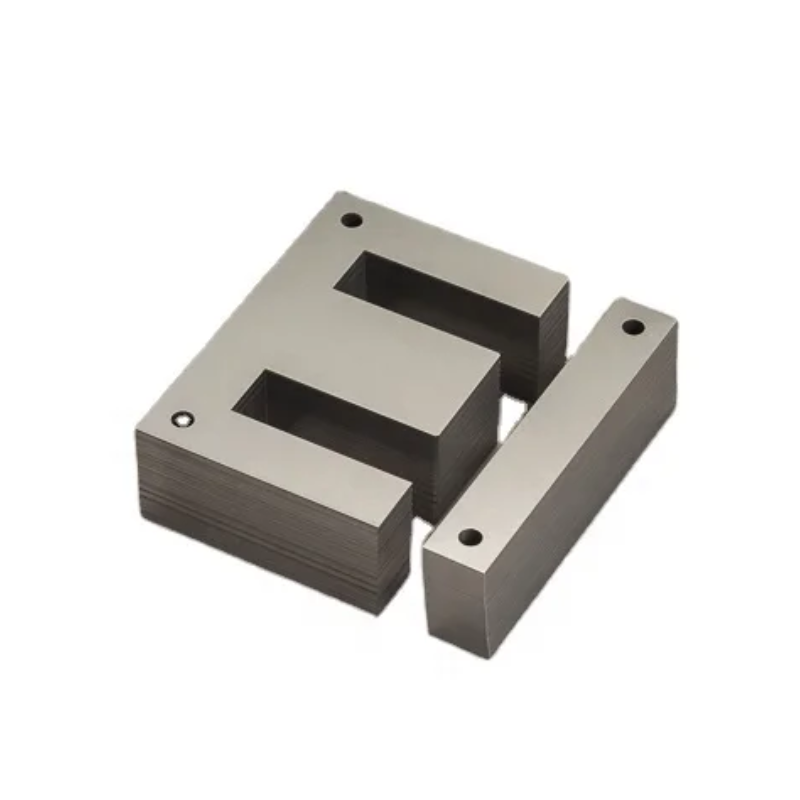
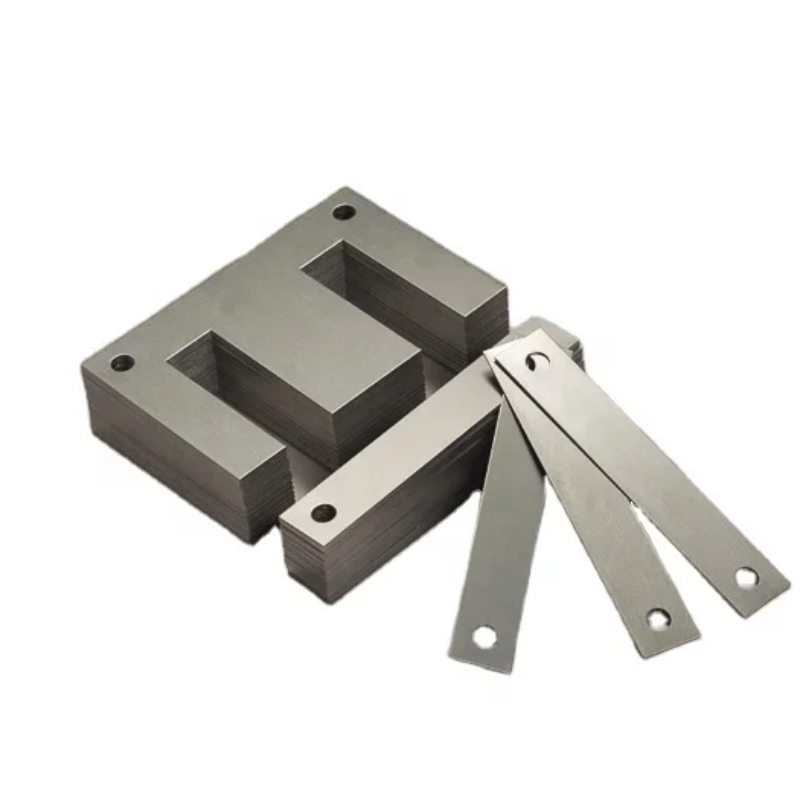
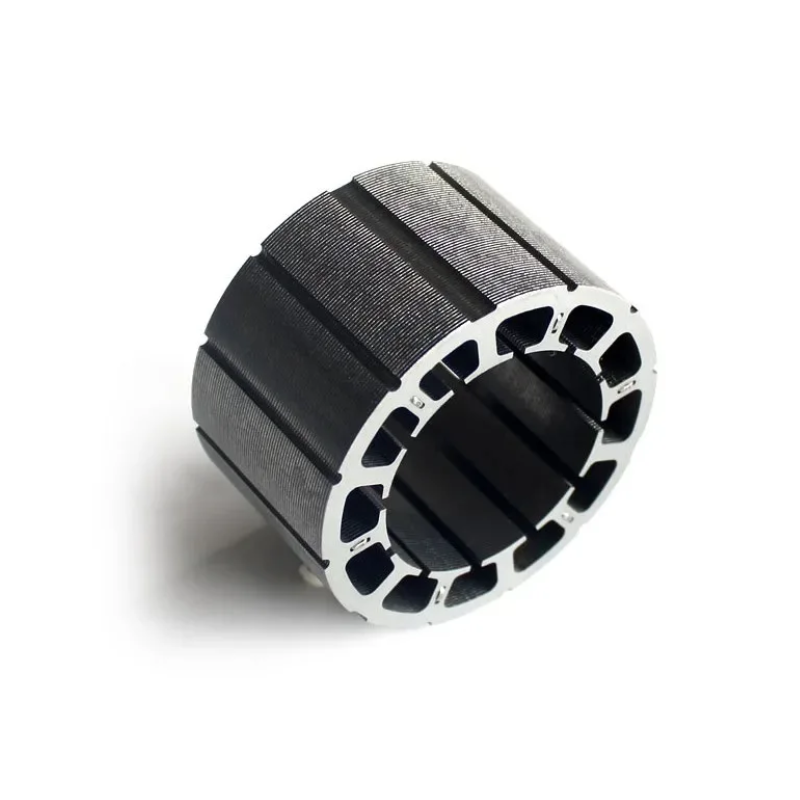
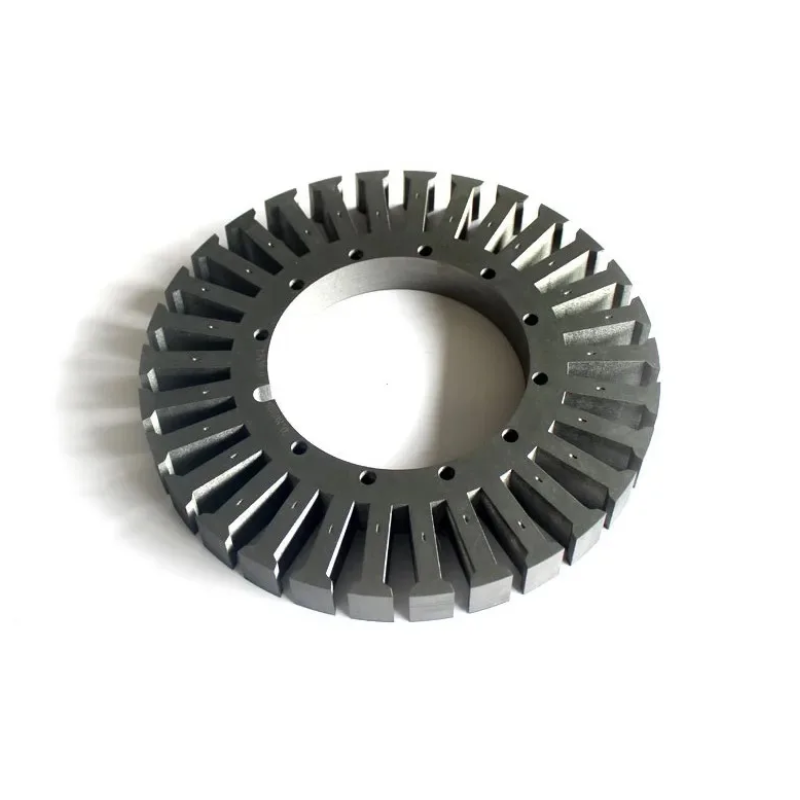
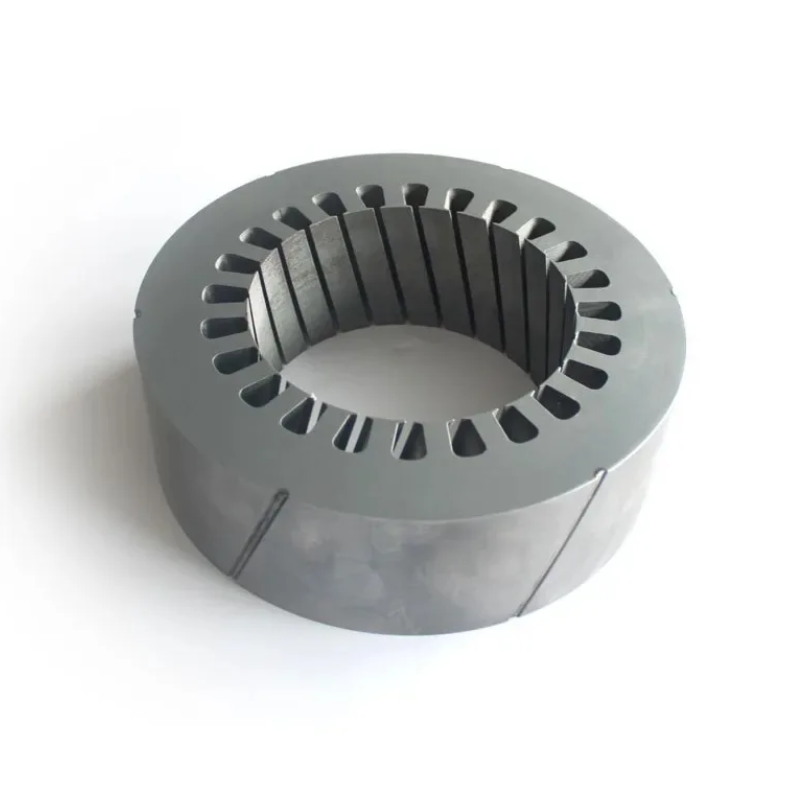
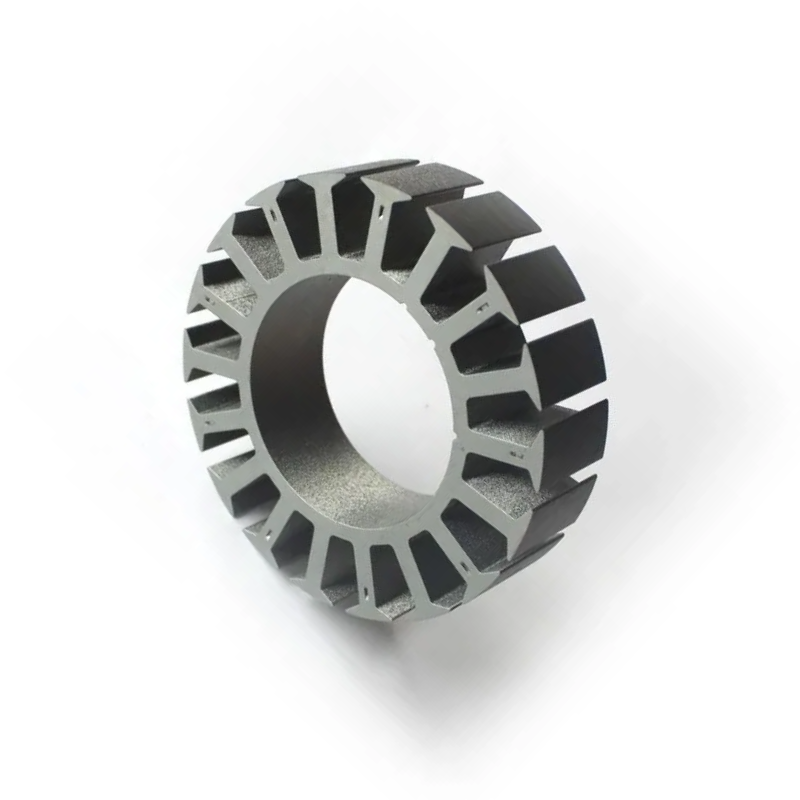
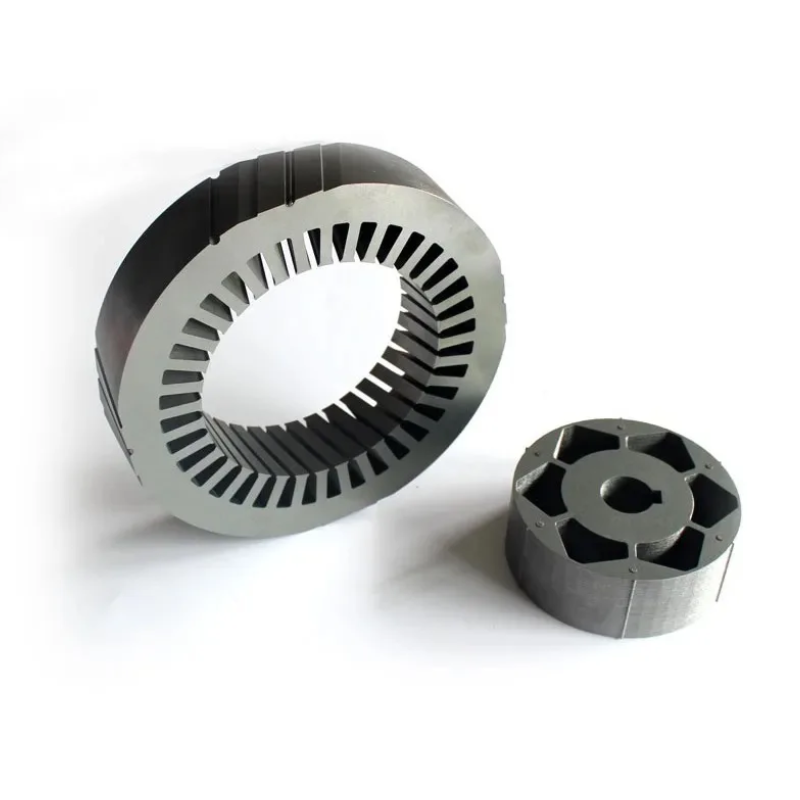
At Sino, we understand that different devices have different magnetic flux patterns and operational demands. That’s why we work with the two main families of electrical steel:
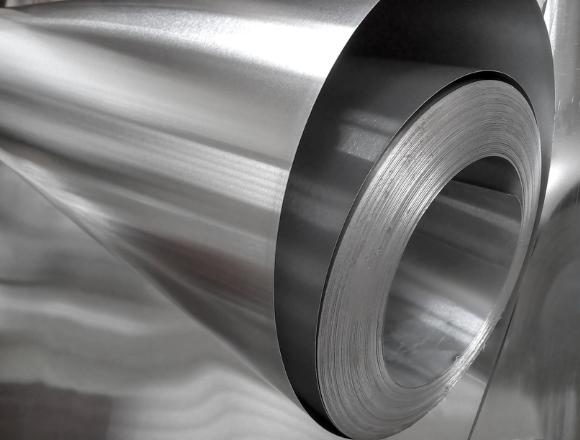
This type is processed to have good magnetic properties in all directions within the plane of the steel lamination. Sino can supply NO laminated steel cores in various grades (like M19, M27, M36, M47, etc., often specified by ASTM or IEC standards) and thicknesses to perfectly match your design.
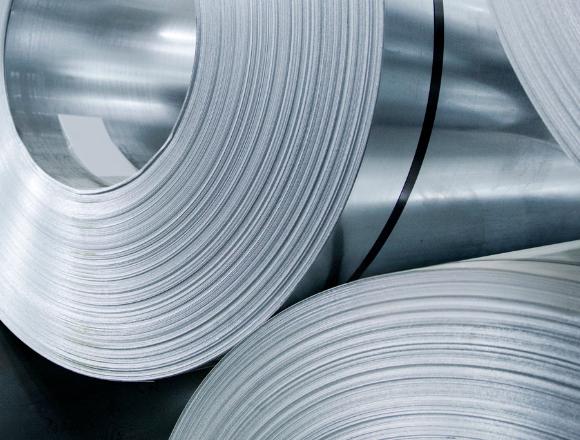
Through some clever metallurgical wizardry during its production, GO steel has its crystal grains aligned. This gives it phenomenally good magnetic properties (even higher permeability and lower losses) but primarily in one specific direction (the “rolling direction”). From small electronic transformers to massive power distribution transformers that form the backbone of the electrical grid, GO steel, expertly stacked by Sino, is key. We can provide custom steel lamination cores from GO grades like M3, M4, M5, or M6.
To give you a clearer picture, here’s a conceptual comparison. (Actual values depend heavily on the specific grade of steel, lamination thickness, frequency, and flux density, so always consult specific datasheets or talk to our Sino engineering team!)
Feature | Solid Iron Core | Sino’s Non-Oriented (NO) Steel Laminations (e.g., M19, 0.5mm) | Sino’s Grain-Oriented (GO) Steel Laminations (e.g., M4, 0.27mm) | Sino Advantage with Custom Steel Lamination |
Eddy Current Losses | Very High | Dramatically Minimized | Exceptionally Low (in grain direction) | Optimized thickness & insulation for your specific frequency and loss targets |
Typical Core Loss (W/kg @ 1.5T, 50Hz) | > 20 (illustrative estimate) | ~2.5 – 4.0 | ~0.8 – 1.2 | Material selection & processing to meet precise loss specifications |
Permeability | Moderate | High | Very High (in grain direction) | Choice of premium materials for maximum permeability where needed |
Saturation Flux Density (T) | ~2.1 | ~2.0 – 2.03 | ~2.0 – 2.03 | Ensures core performs under peak load conditions |
Primary Deployments | Simple DC electromagnets | Motors (EV, industrial, appliance), generators, small transformers | Power & distribution transformers, high-efficiency inductors | Any device needing a high-performance magnetic core; full customization |
Cost Index (Relative) | Lowest material, high operational loss | Excellent performance-to-cost ratio | Premium performance for demanding scenarios | Value-engineered solutions balancing cost and peak performance |
How well a magnetic core works starts with picking the right material. Sino offers a wide range of steel lamination types, each with its own special magnetic, electrical, and physical features made for certain situations and frequency ranges. Our material experts work with our customers to find the best type of lamination that is a good mix of performance, price, and how easy it is to make for what they need.
The EV industry needs a lot of power in a small space, high efficiency over a wide range of speeds, and good performance even when conditions change quickly.
High-Speed Operation: EV motors often spin at high speeds, which leads to high electrical frequencies. This means we need ultra-thin laminations (e.g., 0.20 mm or even 0.18 mm) made from top-grade NGO silicon steels with more silicon to reduce eddy current losses.
High Power in a Small Space: To make small and powerful motors, we need high magnetic fields. We use high-saturation electrical steels (e.g., JFE Super Core, Nippon Steel’s NS-EH series) that can work up to 2.1 T before the magnetic field gets too full.
Heat Management: The high power in EV motors creates a lot of heat. We support designs with modern cooling features, including better slot shapes for cooling the wires and thinking about adding direct liquid cooling.
Ability to Make Large Quantities: For EVs that are made in large numbers, high-speed stamping is the best way to make parts because it is very fast and low-cost. Sino’s ability to do large-scale stamping is perfect for this market. For making quick first models and early designs, laser cutting provides the needed flexibility. Companies like Tesla, Bosch, and Valeo create a need for both fast model-making and large-scale production.
The theory is great, but where do you actually see the impact of high-quality steel lamination stacks from Sino? Pretty much everywhere electricity and magnetism team up:
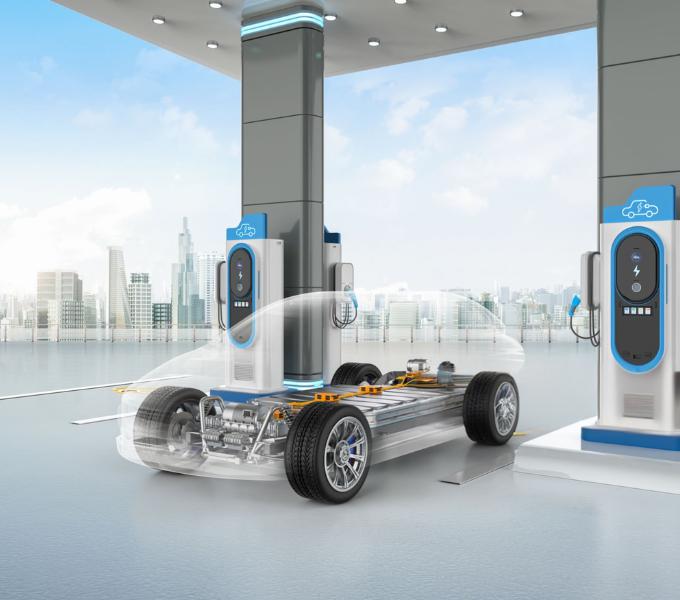
From the tiny motors adjusting your car seats to the behemoths driving industrial machinery and the increasingly prevalent motors in Electric Vehicles (EVs). A precisely manufactured laminated steel core from Sino minimizes losses, contributing directly to longer drive times and better performance.
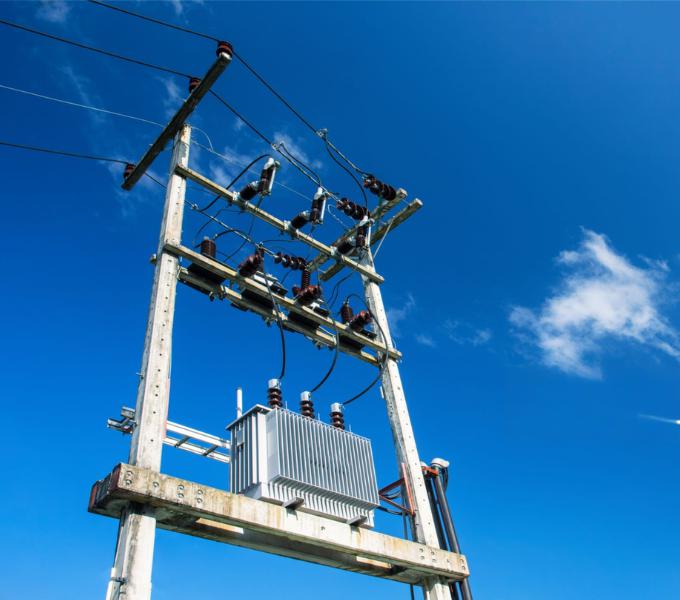
The silent guardians of our electrical grid. Whether it’s a massive substation transformer stepping down high voltage for your neighborhood or the small transformer in your phone charger, grain-oriented steel laminations are crucial for efficient energy conversion. Sino's ability to produce large, precisely stacked cores is vital for the reliability of power distribution.
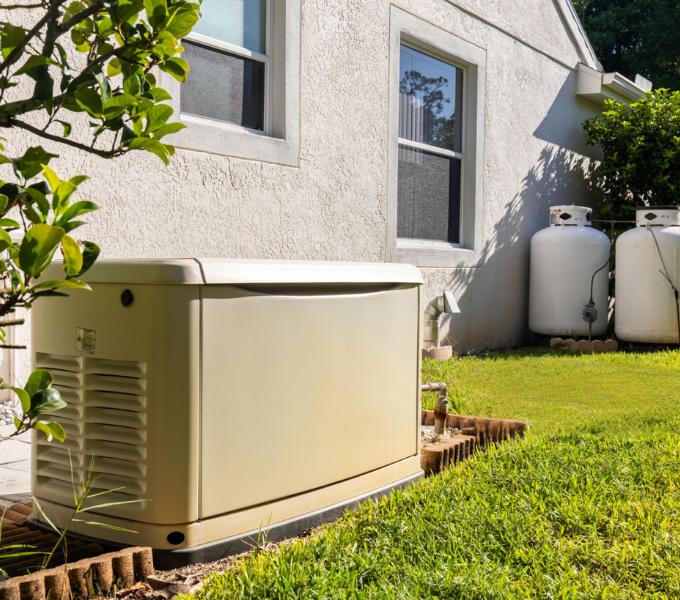
From portable backup generators to the colossal units in power plants (including wind turbines and hydroelectric facilities), steel lamination stacks form the heart of the machine, enabling the efficient conversion of mechanical energy into electrical energy. The consistency of Sino’s product ensures predictable and reliable power generation.
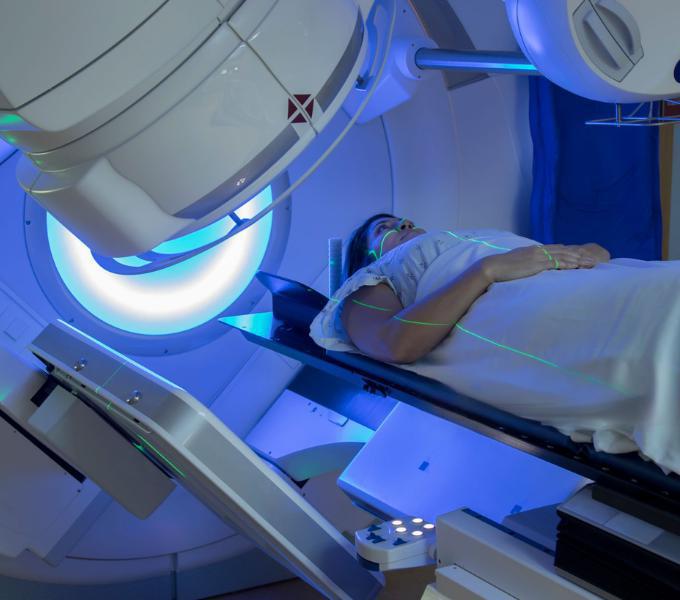
Any device that needs to control or utilize magnetic fields efficiently likely benefits from a custom steel lamination design, a specialty here at Sino. For instance, a medical imaging device might require a laminated steel core with extremely specific magnetic properties and tight dimensional tolerances – a challenge we readily accept.
Sino uses the latest and best making methods to produce very exact steel laminations. Our modern making methods are carefully controlled to keep the natural magnetic qualities of the raw materials and make sure the final product is top-quality.
This is a fast process for making large amounts of laminations with complex shapes. We use advanced progressive dies and very exact presses to get very tight measurements. Our own research and industry best practices show that adjusting the gap in the die to 5–8% of the sheet’s thickness (for example, 12–20 μm for 0.25 mm steel) makes rough edges smaller and reduces stress on the edge. This, however, needs very hard tool steels and advanced coatings to make the dies last longer.
For uses that need to be extremely exact, have the least amount of damage to the material, or for working with fragile materials like amorphous and nanocrystalline alloys, we use advanced laser cutting technology. Laser cutting makes a better, cleaner edge with very small rough edges (below 10 μm) and fewer tiny cracks. While it does create a heat-affected zone (HAZ) of 20–50 μm and leftover tensile stress (100–200 MPa), these effects are in a smaller area and can be lessened by adjusting the laser settings (for example, using ultrafast pulsed fiber lasers with pulse durations <10 ps to make the HAZ smaller than <10 μm). The drop in permeability is also not as bad (5–8% near the edge). Laser cutting is necessary for materials that are too fragile to be stamped.
Annealing after processing is a very important step for many types of lamination. This heat-treating process eases built-up stress inside from cutting and brings back the best magnetic features. Annealing at 800–850°C in a hydrogen atmosphere for 1–2 hours can get back some of the magnetic properties lost during cutting. It can lower the increase in core loss by up to 70% for both stamped and laser-cut laminations. However, you have to be very careful to avoid damaging the material’s strength or insulation coatings.
Our promise of quality is part of every step of our making process. We use strict quality checks to make sure the material is sound, works well magnetically, and has the right size:
At Sino, we believe that manufacturing superior steel lamination stacks is about more than just having the right machinery. It’s about a holistic approach:
We start with sourcing high-grade electrical steel from reputable mills. Our manufacturing processes, from stamping and annealing (if required) to coating and stacking, are governed by stringent quality control protocols. We adhere to international standards (like those from ASTM and IEC) to ensure our products meet global expectations.
We understand that "one-size-fits-all" rarely works in specialized engineering. That’s why custom steel lamination is a cornerstone of our service. Whether you need a unique shape, a specific grade of steel, a particular lamination thickness, or a novel stacking method (like interlocking, welding, or bonding), our engineering team collaborates with you to develop the perfect laminated steel core for your specific deployment.
With years in the business, our team has accumulated a wealth of knowledge about electrical steels, magnetic properties, and the intricacies of lamination manufacturing. We’re not just order-takers; we’re partners who can offer insights and suggestions to optimize your core design for performance and cost.
Your success is our success. We pride ourselves on responsive communication, reliable delivery schedules, and a proactive approach to solving challenges. We aim to build long-term partnerships.
The demand for more efficient, more powerful, and more compact electrical devices is only growing. Whether you’re designing the next generation of electric vehicles, developing smarter grid technologies, or innovating in industrial automation, the performance of your laminated steel core is non-negotiable.
By choosing Sino as your partner for steel lamination stacks, you’re choosing precision, quality, and a commitment to excellence. You’re ensuring that the heart of your product is strong, efficient, and built to last. Let us help you energize your innovations.
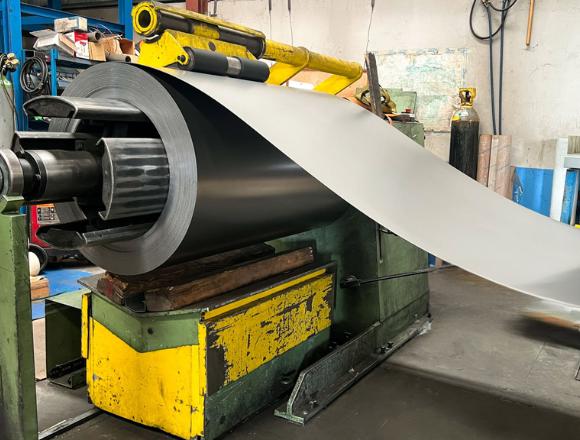
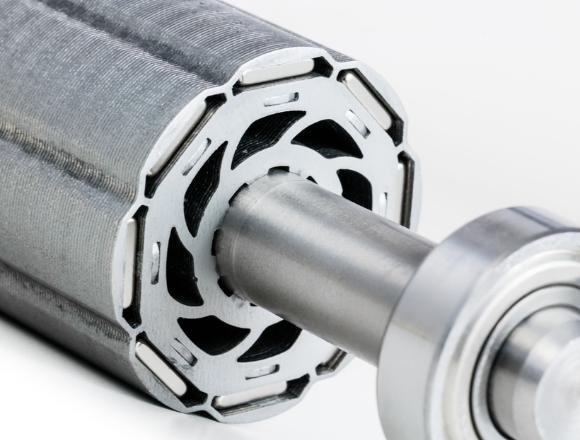
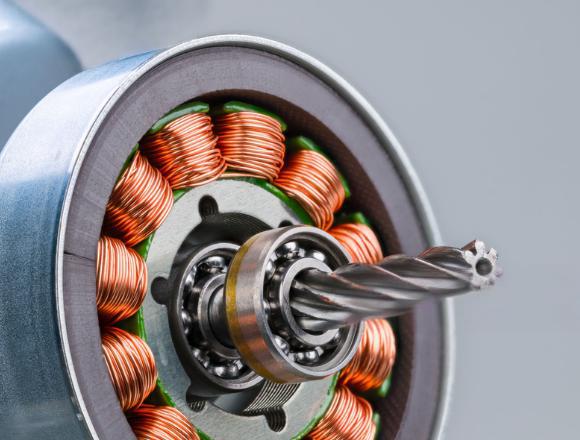
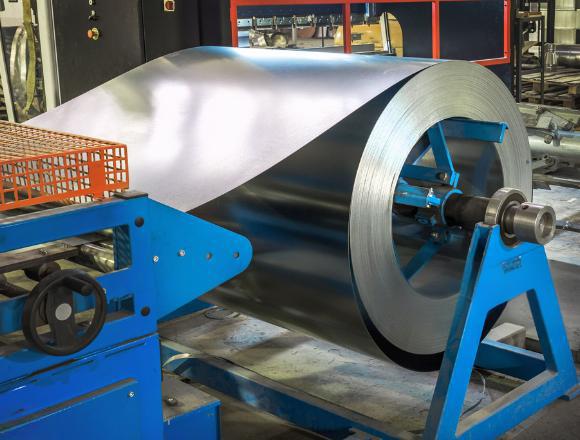
Ready to discuss your next project or explore how Sino’s custom steel lamination solutions can elevate your designs? Reach out to our team today. We’re eager to put our expertise to work for you!
Note: To speed up your project, you can label Lamination Stacks with details such as tolerance, material, surface finish, whether or not oxidized insulation is required, quantity, and more.
To speed up your project, you can label Lamination Stacks with details such as tolerance, material, surface finish, whether or not oxidized insulation is required, quantity, and more.

